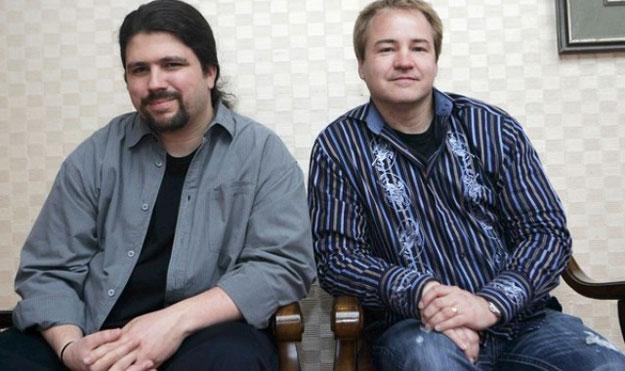
With just hours to left before a much delayed pre-trial hearing, there are reports that Vincent Zampella and Jason West, the former heads of Call of Duty creators Infinity Ward, may settle with Activision Blizzard before taking the publisher to court.
The Los Angeles Times reported on Thursday that, following a delay of the hearing on Tuesday, it was delayed a second time on Wednesday morning as representatives of Zampella, West, the Infinity Ward Employee Group, and Activision Blizzard spoke behind closed doors at a Los Angeles Superior Court building trying to reach an agreement that left all parties satisfied if not happy with the results. Activision’s representative, attorney Beth Wilkinson, intimated to Zampella/West’s attorney Bobby Schwartz that decisions were delayed because she was waiting for a decision from Activision’s executives.
Judge Elihu Berle said that the case would remain in recess until 1:30pm PST on Thursday, with the trial set to being on Friday. The recess is presumably intended for a settlement to finally be reached.
West, Zampella, and the Infinity Ward Employee Group is seeking around $2 billion in damages from Activision, including between $75 million and $125 million just in unpaid royalties. Activision paid the Infinity Ward Employee Group, a body of around 40 former employees separate from West and Zampella, $42 million in royalties on May 17. The group’s lawyer Bruce Isaacs called the payment a “cynical attempt to look good before the jury trial.”
Activision should be worried about the case reaching a jury. The Call of Duty series has earned the publisher in excess of $7 billion over the past 9 years. While games in the series made by studio Treyarch like Call of Duty: World at War and Call of Duty: Black Ops have been record-breaking sellers for Activison, it was the Infinity Ward games Call of Duty 4: Modern Warfare and Call of Duty: Modern Warfare 2 that made the series a worldwide phenomenon. It was royalties from Modern Warfare 2 in particular that fueled the legal arguments between Infinity Ward and Activision that led to the duo’s dismissal from the company in 2010 and the founding of new studio Respawn later that year.
While Activision will be showing off its latest game in the series, Call of Duty: Black Ops 2, at the E3 conference next week, Respawn is remaining tight-lipped about its first project for publisher Electronic Arts.


